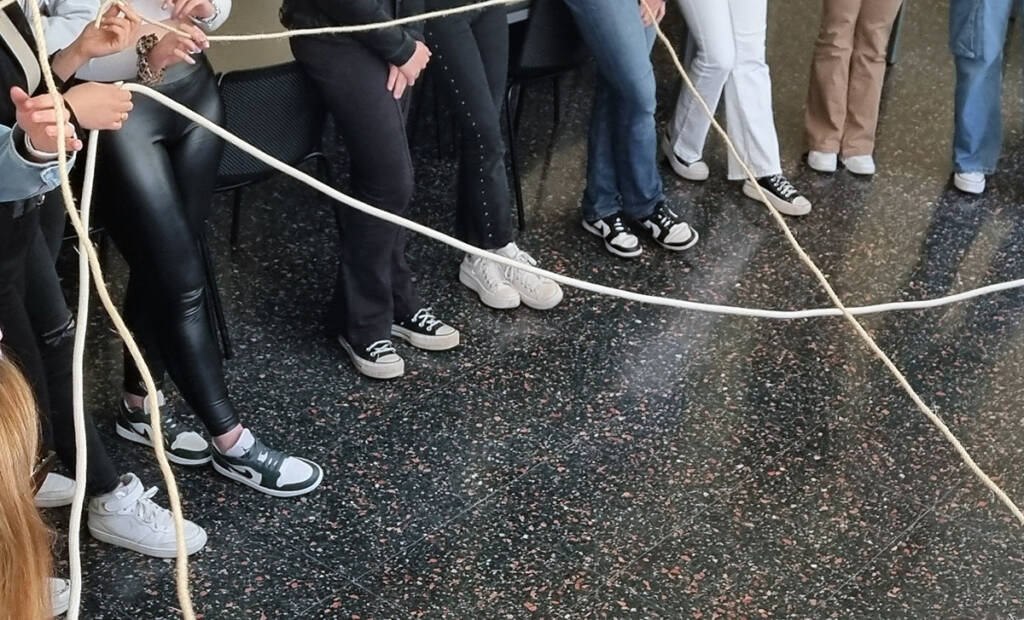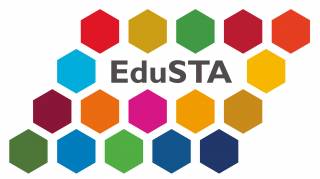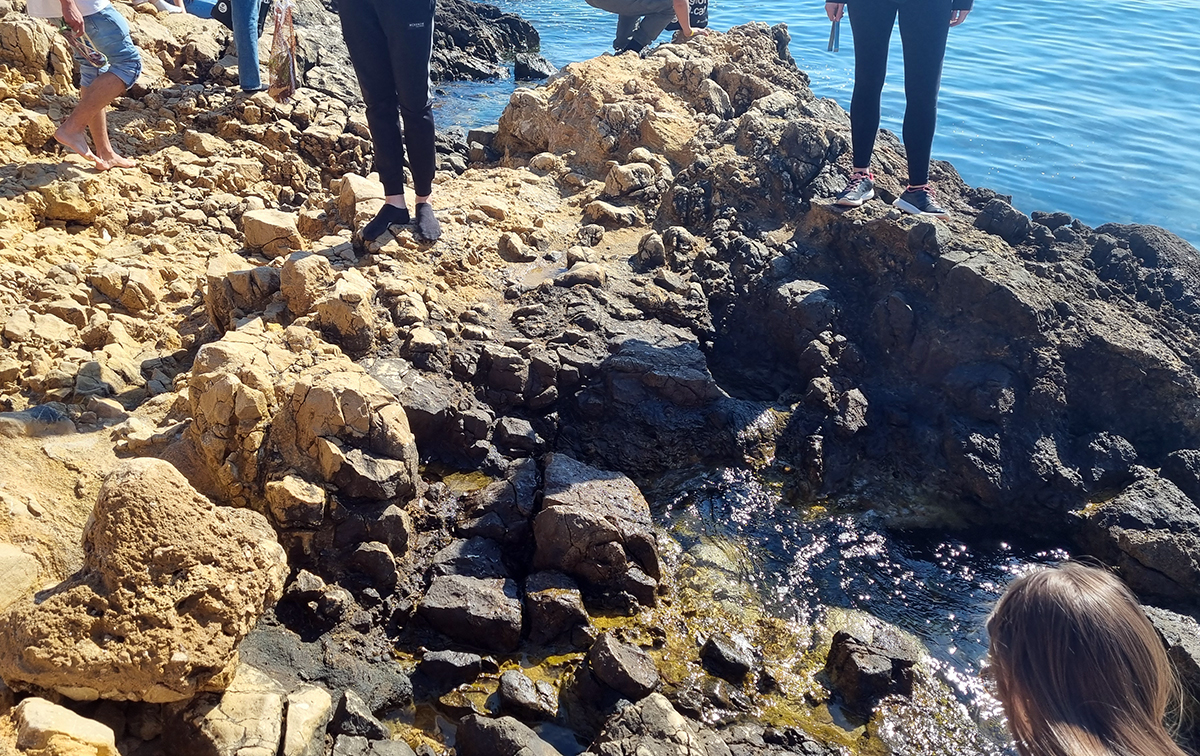UdG was represented by researchers from the Scientific and Environmental Education Research Group (GRECA), led by Mr. Jaume Ametller as the principal researcher.
Pilot Details
The pilot at UdG was conducted within two regular courses offered to the students who chose the scientific-environmental specialization of their degree: “Geography in a Changing World” and “Experiences of Scientific and Environmental Education in Schools”.
Students had a chance to earn teaching sustainability competences through two digital micro-credentials: “Conscious Change Agent” and “Systems Thinking Promoter”. The first is linked to the “Geography in a Changing World” course and certifies the ability to carry out sustainability actions that simultaneously improve professional teaching practice, school management, and relationships within the community. The second is associated with the “Experiences of Scientific and Environmental Education in Schools” course and certifies the teaching competence to design contextualized teaching-learning sequences, intended to help students understand the functioning and characteristics of systems in educational contexts.
These micro-credentials, allowing students to demonstrate their knowledge and skills in implementing sustainability actions and projects, could be requested through the Open Badge Factory platform. 14 students applied for both micro-credentials. All of the applications for the micro-badge “Conscious Change Agent” have been reviewed approved. But only six students gained their micro-badge “Systems Thinking Promoter”. Seven were returned for revision due to lack of specificity in the proposals or the lack of depth in the reflections required to obtain the micro-badge. One of the students returned the application after revision and gained the micro-badge. The applications were assessed by EduSTA – UdG team members.
Students’ voices
The students’ evaluations of the pilot were mostly positive. Participants highlighted the way they worked and deepened their understanding of sustainability through the practical approach and constant support from their teachers, which were key factors in the success of the pilot.

One student pointed out:
I learned from the environmental experiences course, that system thinking is really important in my profession and I know now how to implement it in the classroom. That are the steps that need to be followed as a teacher to foster this systemic thinking in the classroom, because developing this way of thinking helps to create a foundation so that the children also adopt this mindset. […] And this is like teaching them a new way of thinking, reflecting the effectiveness of the practical approach in understanding complex concepts such as systemic thinking.”
Another student summarised her experience after completing the pilot course:
“Now I can’t see things without service-learning. If I want to do something now, I’ll always think about how everyone can contribute. […] I will try learning and free time activities with a bit more community-oriented approach.”
Teachers’ views
Two teachers, members of the EduSTA team at UdG, were responsible for piloting and teaching in the regular courses. They evaluated this experience as enriching. One of them mentioned very good results after the piloting:
“Thanks to participation in the European project, we taught in this way for the first time. We did not only improve our pedagogical and research skills, but we also succeeded in terms of learning quality and participants’ satisfaction.”
In terms of learning outcomes, another important highlight mentioned by the teachers is the increased alignment with the Sustainable Development Goals (SDG) and Education for Sustainable Development (ESD), as well as improved curriculum alignment. The pilot also gave opportunities for collaborative learning and organizing communal field trips.
Challenges and future opportunities
Despite the positive evaluations, some students identified challenges and areas for improvement. One aspect mentioned was the importance of time management because some students needed longer period to complete the tasks associated with the micro-credentials, especially during their exam periods. Others also took the opportunity to mention that they did not feel sufficiently capable for defending competences learned in the classroom since it they had been involved in such a kind of project for the first time.
Some of the most significant challenges that the teachers faced were related to the methodology and assessment of the regular courses. Regarding course content and methodology, minor changes were made to align the content with the defined competences. However, major changes included adopting Service Learning and Role Play as the main guiding methodologies. In terms of assessment, significant adjustments were also implemented, for example, the badge demonstration task was included as one of the assessment activities of the regular courses. Additionally, learning strategies from Cooperative Learning and the Flipped Classroom model were integrated, and the assessment structure was entirely redefined, transitioning from a content-based to a competence-based model.
To sum up, the process of integration of the digital micro-credentials for accrediting competences in education for sustainability into the existing subjects of the scientific-environmental specialization has been a rewarding experience for both students and teachers at UdG. The results obtained declare that this innovative methodology can be a potential tool for fostering more practical, integrative, and autonomous teacher learning.
Authors (in alphabetical order): Jaume Ametller, Fatou Bintou, Jesús Granados, Marta Gual, Raquel Heras
Photos: Marta Gual Oliva


